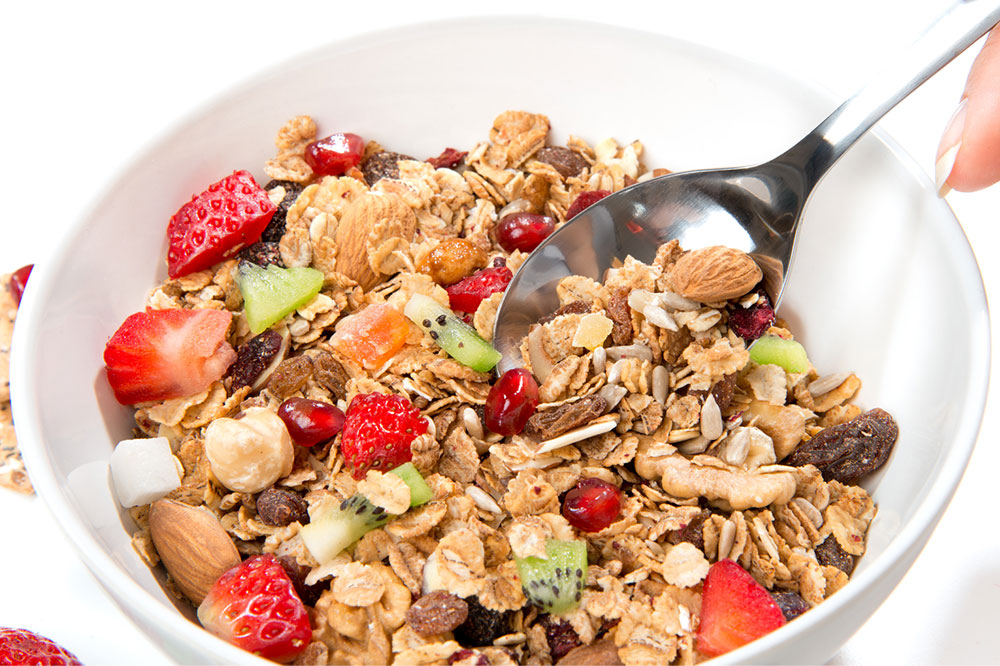Dietary Tips for Managing Schizophrenia: Foods to Focus On and Avoid
This article explores dietary strategies for managing schizophrenia, highlighting foods beneficial such as fruits, vegetables, omega-3-rich fish, and zinc sources, while advising against gluten and refined sugars. Proper nutrition can support mental health and reduce associated health risks.

Understanding Dietary Choices in Schizophrenia
Individuals with schizophrenia often have poor dietary habits, consuming foods low in fiber and fruits, while indulging in high saturated fats. Such eating patterns can lead to other health issues like obesity, diabetes, and heart problems, which are common concerns for those with schizophrenia. Research indicates that nutrition plays a vital role in managing symptoms. Here are essential foods to include and avoid to support mental health and overall wellness.
Recommended Foods
Fruits
Fruits are rich in fiber and antioxidants. Consuming apples, pears, and berries like raspberries can help improve digestion, reduce bad cholesterol, and lower the risk of cardiovascular disease, obesity, and diabetes.
Vegetables
Vegetables such as sweet potatoes, kidney beans, and lima beans are nutrient-dense, low in calories and fat, and rich in potassium. Spinach, high in folate, has been linked to symptom relief in schizophrenia. Other folate sources include asparagus and black-eyed peas.
Omega-3 Rich Fish
Foods like salmon and mackerel provide omega-3 fatty acids, which the body cannot produce. These fats help alleviate and potentially slow the progression of schizophrenia symptoms. Vegetarians can consider walnuts or omega-3 supplements prescribed by healthcare providers.
Shellfish and B12 Sources
Lobsters, crabs, oysters, and clams are excellent sources of zinc and vitamin B12, nutrients linked to brain health. B12 deficiency has been associated with psychosis, including schizophrenia. Other B12-rich foods include liver and trout. Vegetarians should consult healthcare providers for supplements if needed.
Foods to Limit or Avoid
Gluten-containing Products
Sensitivity to wheat and gluten may impact mental health conditions. Switching to gluten-free options may be beneficial for some individuals.
Refined Sugars
Foods high in refined sugars, like candies, baked goods, and sugary drinks, can lead to diabetes and worsen mental health symptoms. Reducing sugar intake is recommended for better management of schizophrenia.
Important Notice:
The information provided here is for educational purposes only and should not replace professional medical advice. Always consult licensed healthcare providers for diagnosis, treatment, and dietary recommendations tailored to individual health needs.










